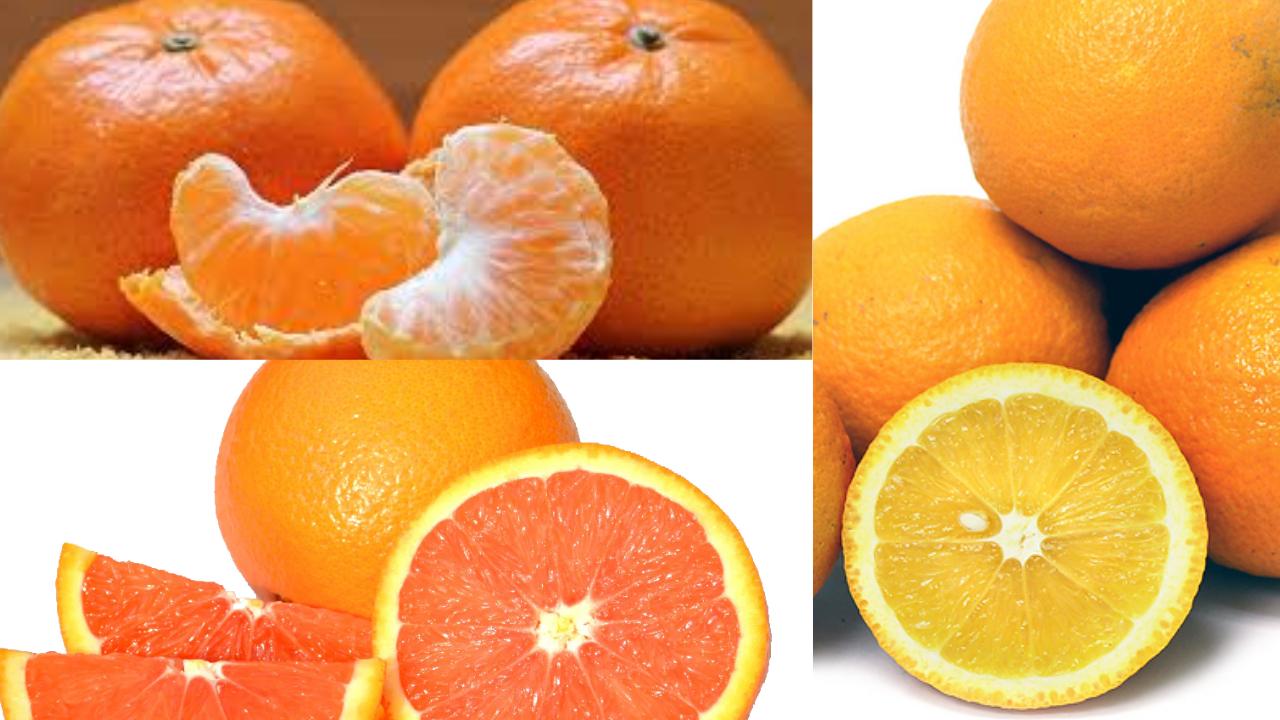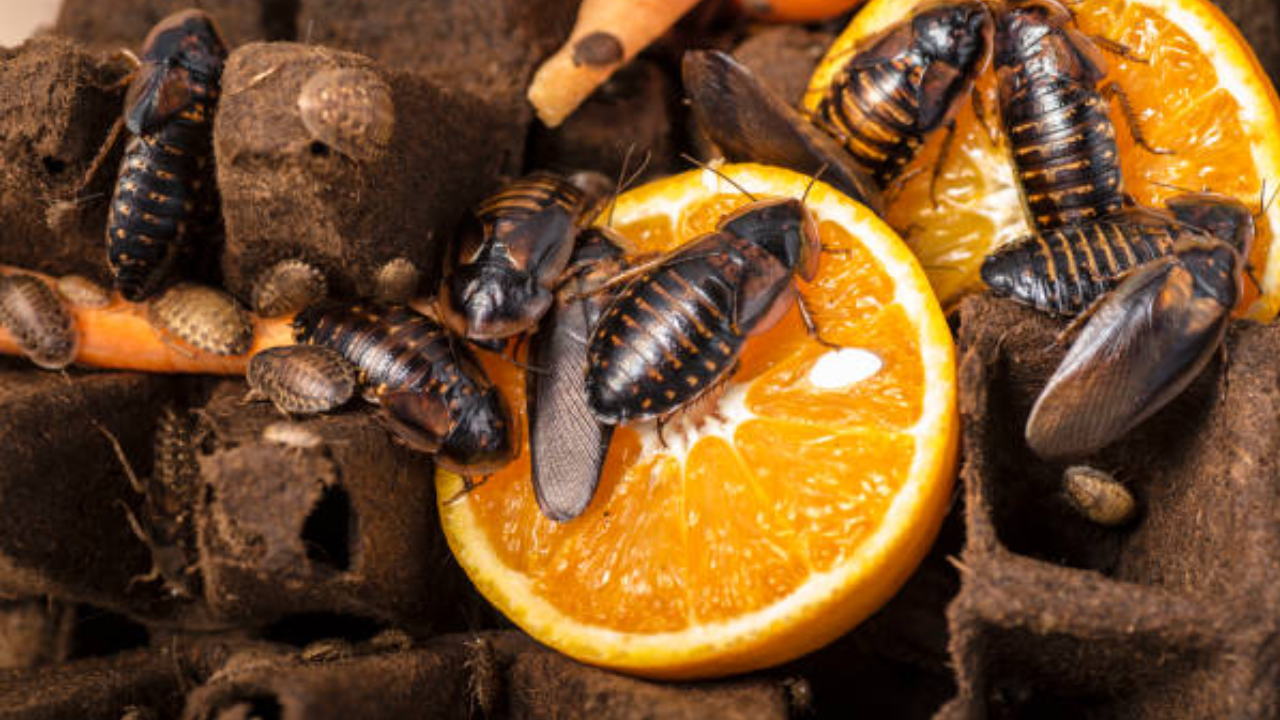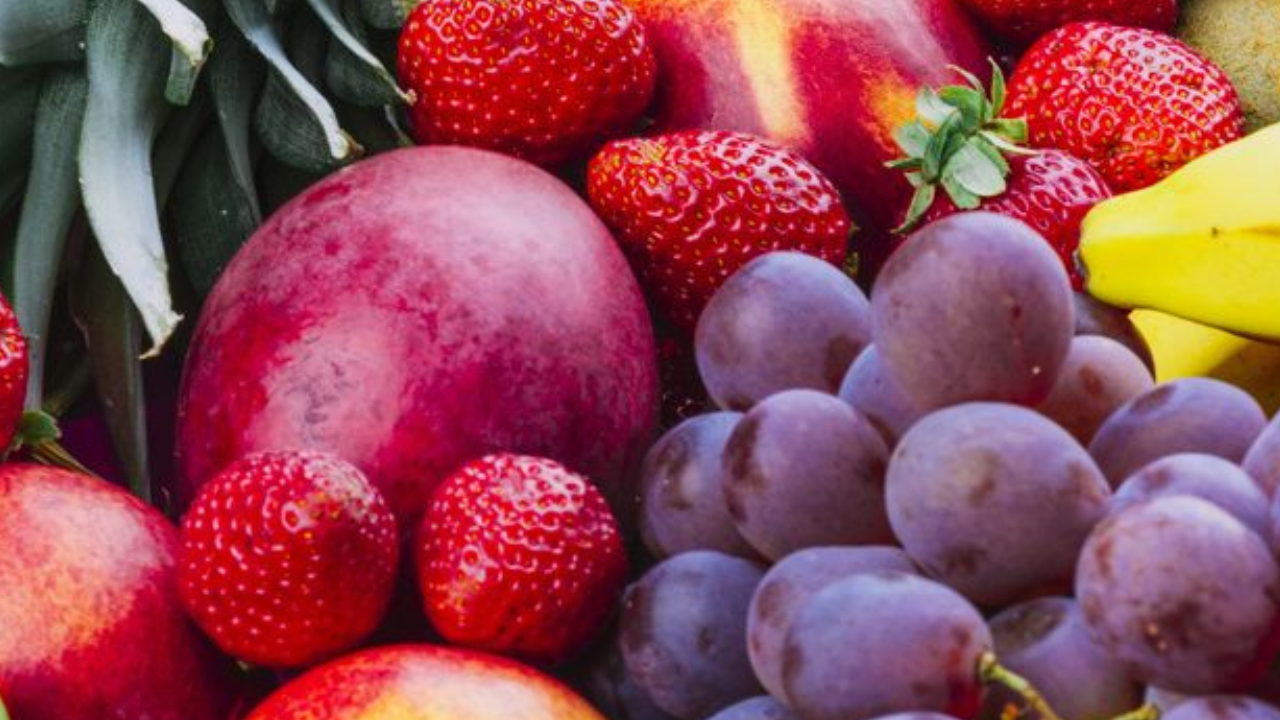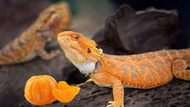Can Bearded Dragons Eat Oranges?
Posted by Harper Davis on Apr 4th 2024
Have you considered sharing oranges with your bearded dragon?
Oranges are known for their delicious taste, vibrant color, and high nutritional value. They are mainly rich in vitamin C, which is important for immune health and is a powerful antioxidant, making them a popular choice for healthy snacks. However, when it comes to bearded dragons, most pet parents wonder:
Can bearded dragons eat oranges?
So, to clear your doubts, TopFlight Dubia will share the answer to whether oranges are safe for beardies or not.
Can Bearded Dragons Eat Oranges At All?
Bearded dragons can have oranges, but it is not preferred due to the following reasons:
Oxalic Acid
Oxalic acid is good for bearded dragons to some extent. However, oranges contain a high amount of oxalic acid, which may bind to the digestive tract's calcium and prevent absorption of calcium.
Ultimately, it can cause damage to their skeletal system over time. This condition is called metabolic bone disease (MBD).
Signs of Metabolic Bone Disease
Symptoms of MBD in bearded dragons can be hard to note. But some of the signs you may notice in your bearded dragons are:
- Muscle Twitching
- Swollen Legs
- Fragile Bones
|
Tip: To prevent MBD, ensure your bearded dragon gets enough calcium through a healthy diet that includes fruits, live insects, and leafy greens. |
High Sugar Content
Oranges contain high amounts of sugar, which is unsuitable for beardies.
Citric Acid
Citric acid is not safe for bearded dragons as it can irritate their digestive system, potentially affecting the overall health of beardies. Oranges have an abundance of citric acid, typically 0.005 mol/L, making them highly acidic for beardies.
Can Bearded Dragons Eat Less Acidic Oranges?

Generally, oranges with less acid, like Mandarin, Cara Cara, Lima, and more, should not be fed to beardies. Even if they are less acidic than regular oranges, they can harm your bearded dragon.
Are Orange Peels Okay for Bearded Dragons?
No, bearded dragons should not be fed orange peels because they have lots of calcium and oxalic acid, which are not good for your beardie’s health.
Can Beardies Eat Insects That Have Eaten Oranges?

Some feeder insects like crickets and Dubia roaches love eating oranges. When it comes to feeding these insects to bearded dragons, beardies can eat these insects as long as they are properly digested.
What To Do If Bearded Dragon Eats Orange?
If your bearded dragon has eaten an orange, first don’t panic; closely monitor their behavior for any notable signs, like digestive issues, dehydration, or obesity.
However, it is best to avoid citrus fruits and stick to their recommended diet of insects and leafy greens. If you are concerned, then contact your veterinarian for advice.
What Other Fruits Bearded Dragons Can Eat?

Bearded dragons enjoy fresh fruits because of their sweet flavor and energizing sugar content. Some of the fruits that you can feed your beloved pet are:
- Apples
- Peaches
- Grapes
- Pears
- Melons
- Watermelon
- Papaya
|
CAUTION: Make sure to offer fruit in moderation occasionally as a rare treat. |
Conclusion
Oranges are staple snacks for humans. But when it comes to bearded dragons, they are not! Oranges contain high levels of oxalic acid, citric acid, and high sugar content, which is unsuitable for the overall well-being of bearded dragons.
If your beardie eats an orange, make sure to consult with your veterinarian about your pet’s health. Also, consider feeding your beardie alternate fruits like apples, grapes, pears, and more that are safe for them.
Make your beardie healthy and happy with a balanced diet.&

